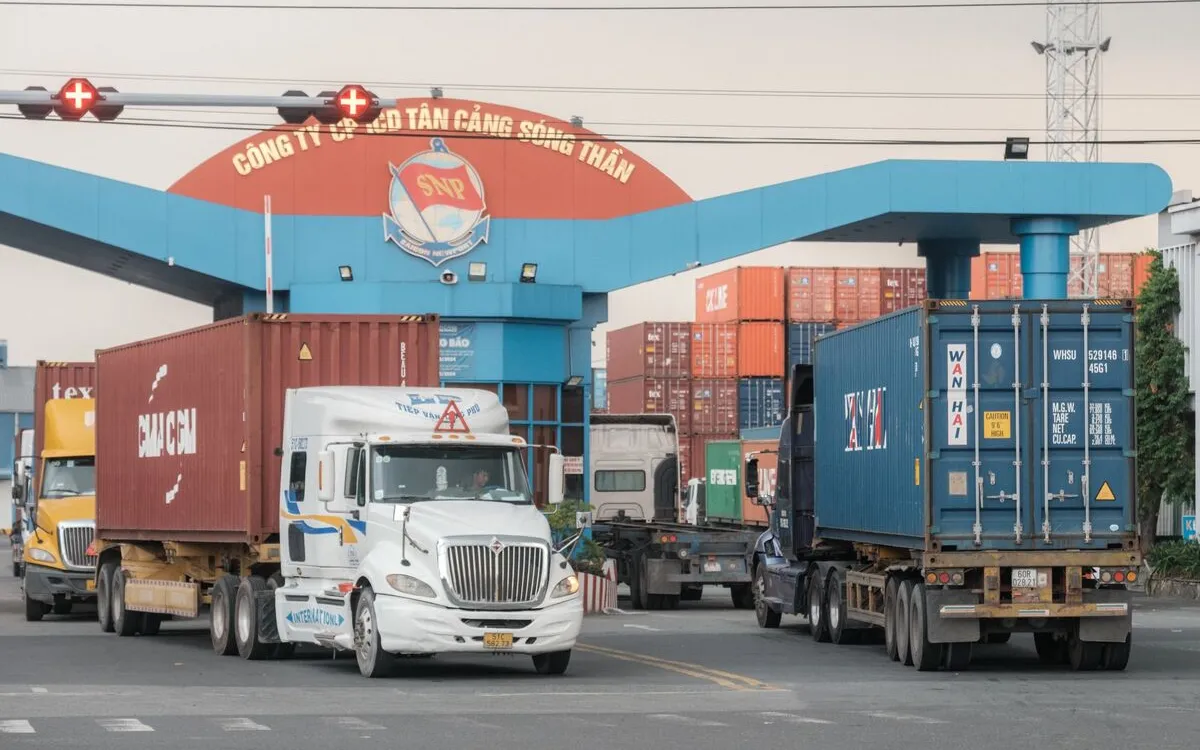
In a significant move, Vietnam is racing to secure a vital trade deal with the Trump administration, a strategy that could position the Southeast Asian nation ahead of its regional competitors. According to Ted Osius, the president of the US-Asean Business Council, the clarity of the details surrounding this potential agreement is less important than the intention to engage in dialogue. In his first interview since returning to Vietnam, Osius emphasized the Vietnamese government's commitment to maintaining robust business relations with the United States.
Osius stated, “The message from the Vietnamese government has been clear at every stage that we want to keep doing business with the United States.” This approach underscores Vietnam's determination to foster economic ties, especially in the face of evolving global trade dynamics. By prioritizing negotiations over retaliation, Vietnam aims to create a favorable environment for business, signaling its readiness to collaborate and contribute positively to trade discussions.
Hanoi's strategy, as outlined by Osius, is characterized by a willingness to “negotiate, not retaliate.” This philosophy reflects a proactive stance, where Vietnam is prepared to offer substantial concessions on various trade issues. Osius, who served as the US ambassador to Vietnam from 2014 to 2017, highlighted that Vietnam's readiness to "put a lot on the table" demonstrates its commitment to achieving a mutually beneficial trade deal.
As Vietnam continues its pursuit of a favorable trade agreement with the United States, the country is not only enhancing its economic standing but also setting a precedent for trade negotiations in the region. The emphasis on collaboration over confrontation positions Vietnam as a key player in Southeast Asia, potentially giving it a competitive advantage over its regional rivals. With the ongoing commitment to engaging with the U.S., Vietnam could pave the way for future prosperity through strengthened international trade relations.